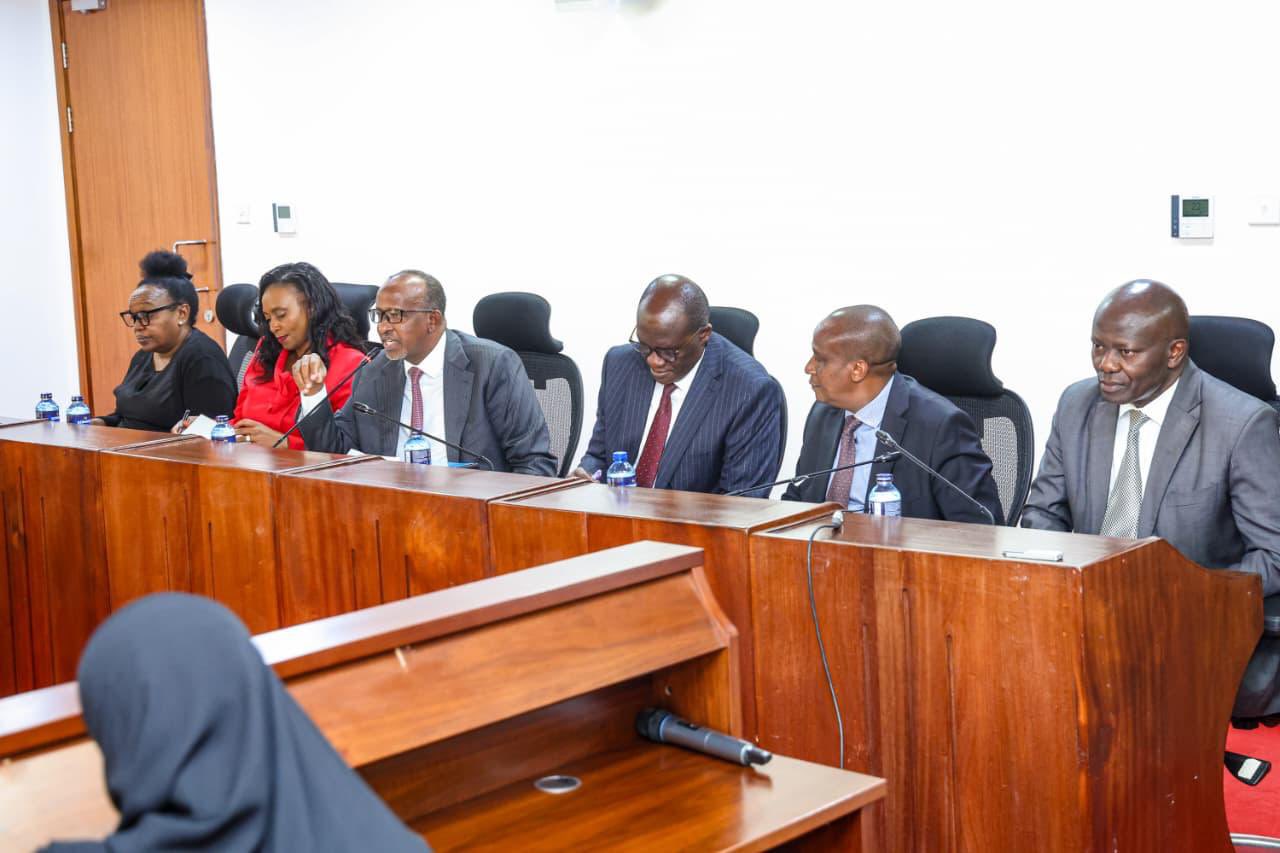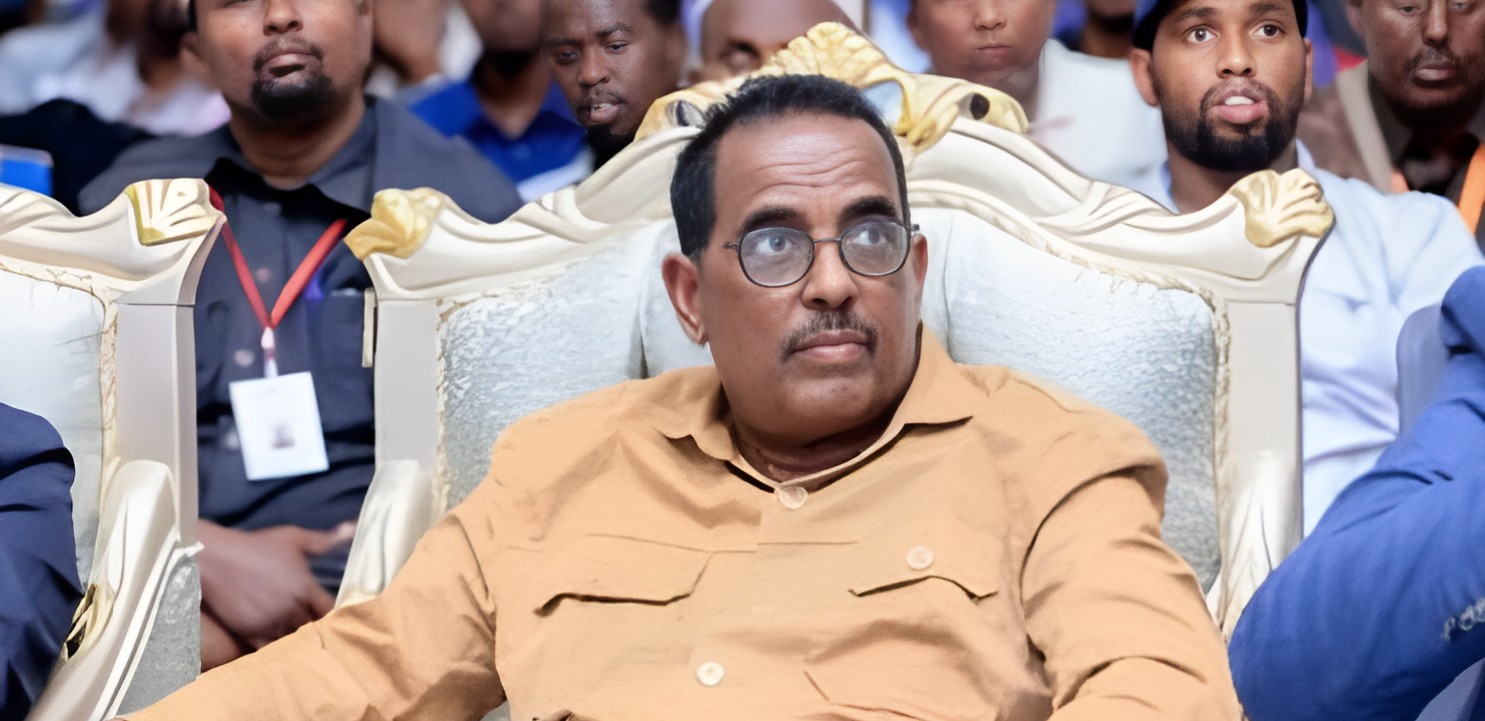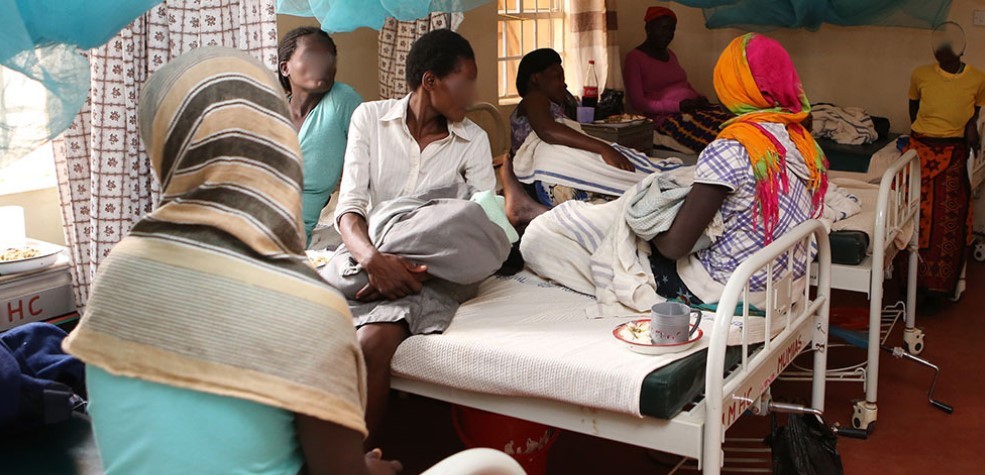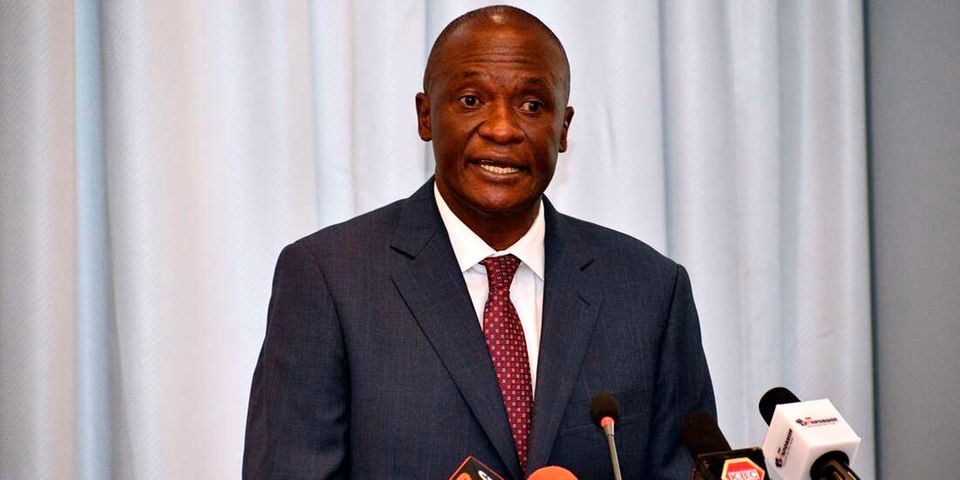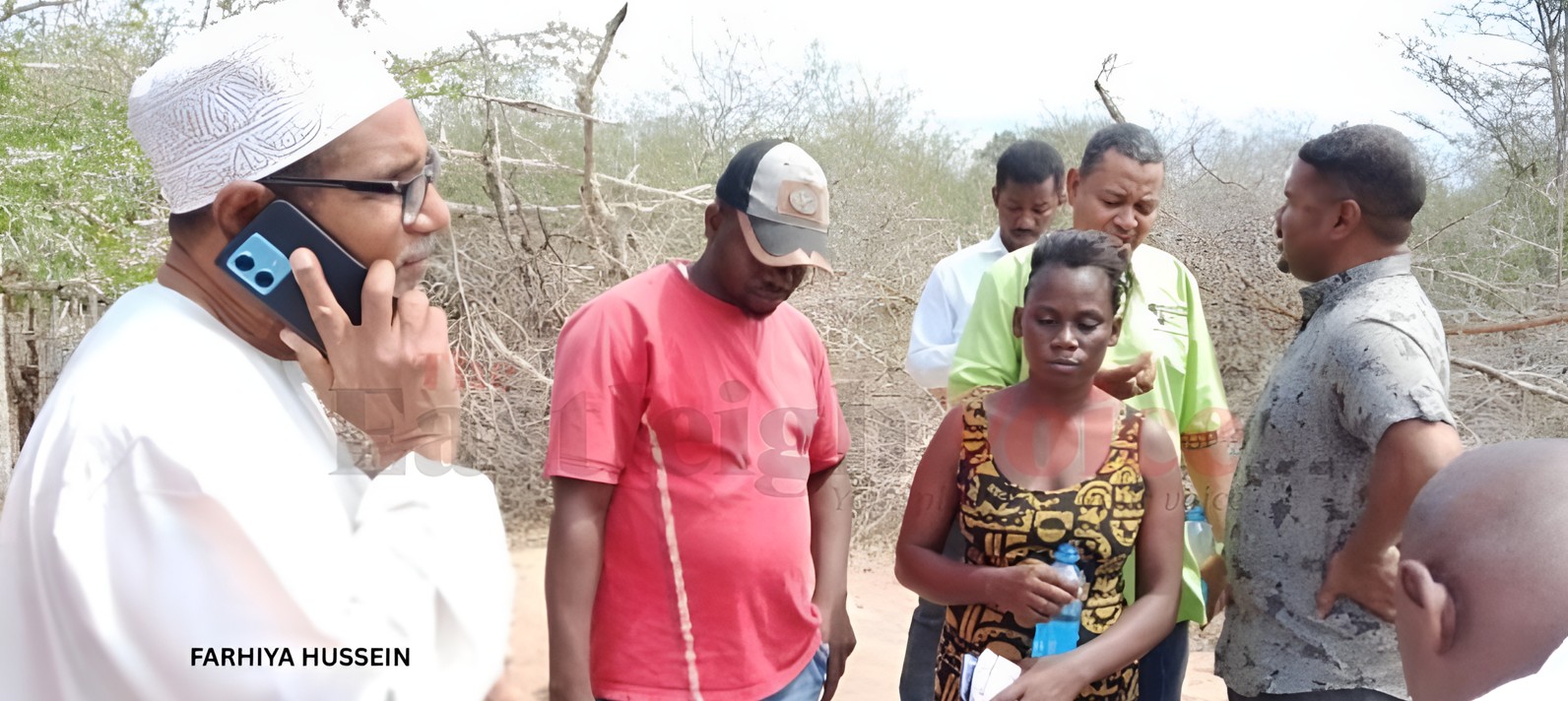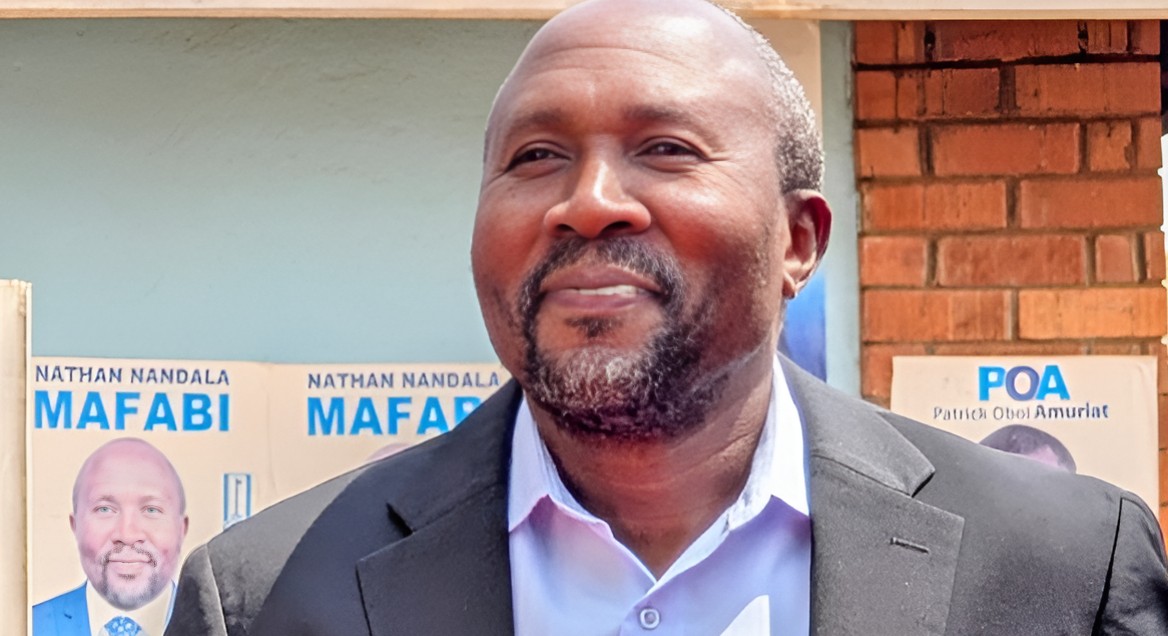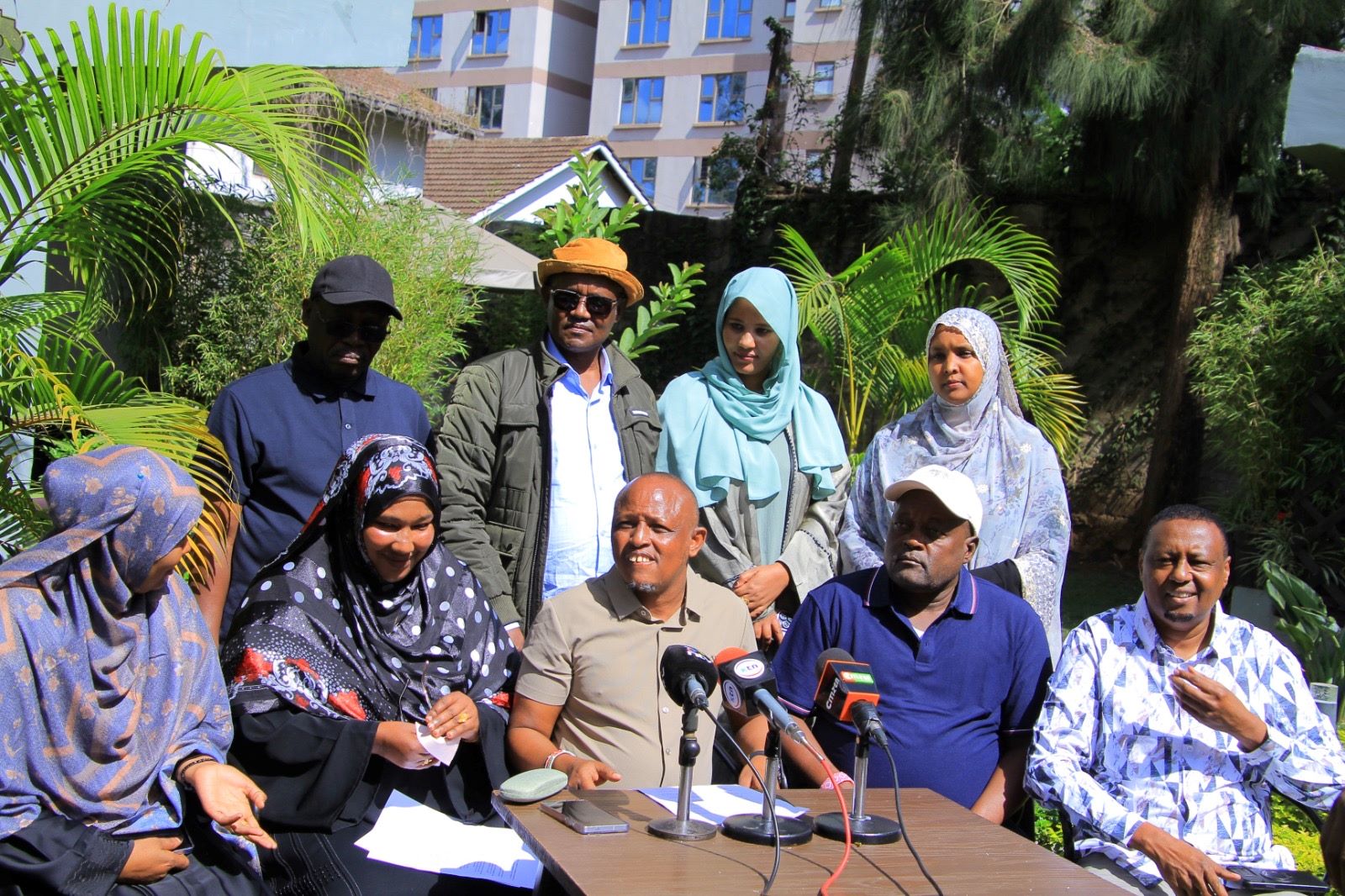Agriculture CS Kagwe pushes for leasing of idle public land to curb reliance on food imports
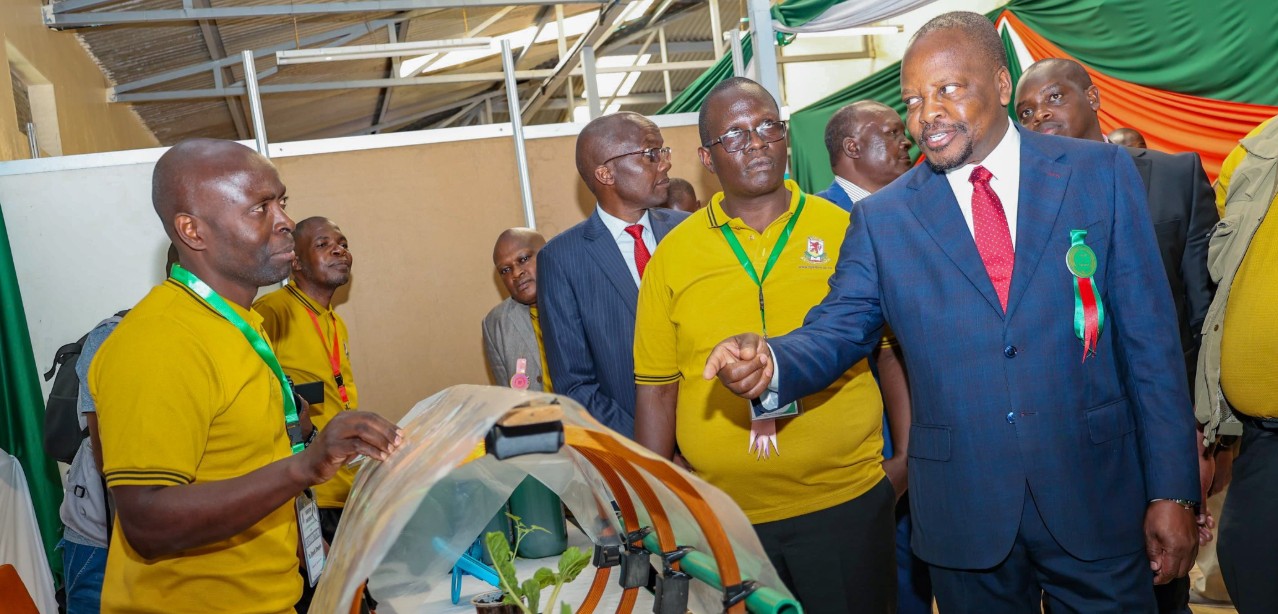
Kagwe revealed that Kenya is facing severe shortages of key commodities such as rice, wheat, palm oil, cotton, and yellow maize, and urged the private sector to help bridge the gap by leasing idle government land for crop and livestock production.
Agriculture Cabinet Secretary Mutahi Kagwe has urged the private sector to lease idle state land to boost local food production and reduce Kenya’s dependence on imports, amid rising concerns over food insecurity.
Speaking during the official opening of the Nakuru Agricultural Society of Kenya (ASK) national show, Kagwe said this will help boost domestic production of key crops like wheat and rice.
More To Read
- UN warns of rising hunger across Africa
- Smallholder farmers in Africa lead climate change adaptation: G20 should fund their efforts
- From hobby to lifeline: How gardening is becoming a path to food security and resilience
- Kenya to produce 70 million livestock vaccine doses annually by 2027
- State rolls out milk coolers in fresh Sh1.4 billion bid to boost dairy sector
- Food insecurity in Africa persists as poor infrastructure hampers supply chains – World Bank
Kagwe revealed that Kenya is facing severe shortages of key commodities such as rice, wheat, palm oil, cotton, and yellow maize, and urged the private sector to help bridge the gap by leasing idle government land for crop and livestock production.
He identified parcels owned by the Agricultural Development Corporation and the Kenya Prisons Service as ready for leasing and called on investors to take up the opportunity to grow more food locally.
“We import up to 92 per cent of our wheat and 75 per cent of our rice every year. This overdependence on imports is not sustainable. We must urgently increase domestic production to safeguard our food security,” Kagwe said.
He cited the leasing of government-owned sugar factories such as Nzoia and Mumias as successful public-private partnership models that have helped revitalise the sugar industry.
Maize, sugar imports
Kagwe highlighted that, for the first time in years, Kenya has not imported any maize or sugar this year—a key milestone in the country’s journey toward agricultural self-reliance.
This year’s Nakuru ASK Show attracted 150 exhibitors, including 35 new entrants, signalling a growing interest in the annual trade fair and the agriculture sector at large.
Nakuru Deputy Governor David Kones, who also attended the event, said the increase in exhibitors marked a key milestone in spreading agricultural knowledge to local communities, which he expects will lead to higher productivity.
“We are also reviving pyrethrum farming in Nakuru. In the last two years, we have distributed 36.4 million seedlings with support from the Ministry of Agriculture,” Kones said.
Among the top exhibitors at the show were the Kenya Ports Authority (KPA) and the Kenya Tea Development Agency (KTDA), with KPA scooping 11 awards across all its categories. Judges praised the authority for aligning strongly with this year’s theme: “Promoting Climate-Smart Agriculture and Trade Initiatives for Sustainable Growth.”
KPA Show Chairman Peter Odera said the authority remains committed to enhancing efficient port operations while adopting green energy measures to reduce its carbon footprint.
Other notable winners included Kenya Seed Company, Kenya Prisons, KARLO Njoro, Egerton University, and Kabarak University.
The next agricultural show will be held in Kisumu in two weeks.
Top Stories Today

